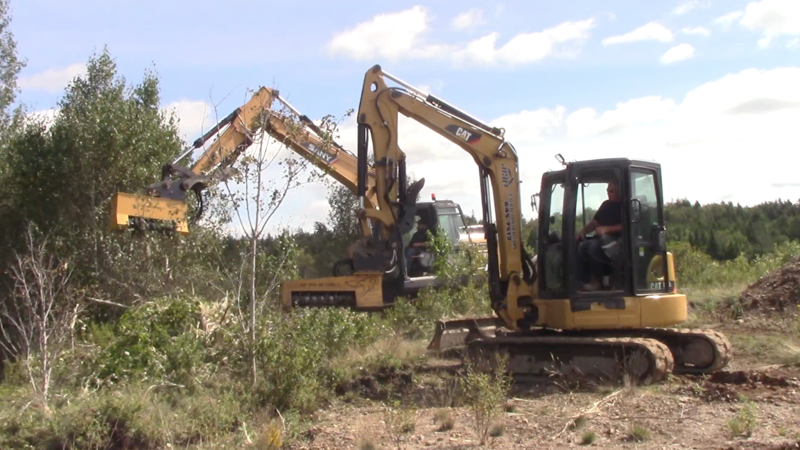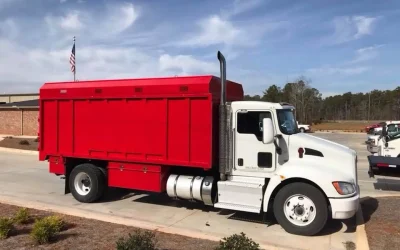Produced water treatment, as the term suggests, is the treatment of produced water. But what is produced water? The term ‘produced water’ is used in the oil industry to describe the water produced along with gas and oil during drilling. Gas and oil reservoirs (in inshore and offshore drilling) have natural water layers, also called formation water. Note that oil reservoirs usually have higher volumes compared to gas reservoirs. To maximize the oil recovery, additional water is usually injected into a reservoir to force the oil out. The formation water and the injected water are what are termed as produced water. The production of oil increases as an oil well becomes depleted of this water.
Historically, produced water treatment was done in very huge evaporation ponds, but this is unacceptable today as more and more people become conscious about the dangers facing the environment, flora, and fauna. It is also a legal requirement that produces of produced water find beneficial use for the water since it is considered to be industrial waste.
Today, produced water is managed through direct injection of produced water that is untreated and produced water treatment to an EPA (Environmental Protection Agency) acceptable standard. So, how is produced water treated? The most effective treatment options not only decontaminate produced water, but they also filter it so that it is fit for human consumption and/or other uses. Industries also have a social responsibility to protect the environment. More and more customers are considering the origins of the products they buy and companies that are not ‘green’ stand to be ostracized.
There are several systems that have been developed for treating produced water. Some of the most effective systems are the Heat – Evaporate – Recycle/Dispose or H.E.D. Environmental Systems. H.E.D. makes use of well-established chemical engineering principles, processes, and practices to treat water. H.E.D is advantageous in that it is highly portable since the units are made to be mounted on trailers. This means you do not need to construct a new H.E.D system wherever you are drilling.
There are process systems such as bulk oil removal systems that remove oil droplets that are greater than between 120 and 150 microns in size and vertical skin vessels, but these systems are more expensive and focus on oil removal while ignoring toxin removal.
You could opt for disposing produced water instead of produced water treatment. One of the cheapest methods of disposing of produced water (which will cost you around $0.50 per barrel) is the disposal of the water in old wells that are no longer commercially viable. If transportation is required to such wells, the process will cost you between $8.00 and $10.00 per barrel. Treatment is, however, the only option if such old wells are not available.
Do not ignore produced water treatment if you are in the oil or gas industry. This will help you avoid legal problems and problems with your customers.



